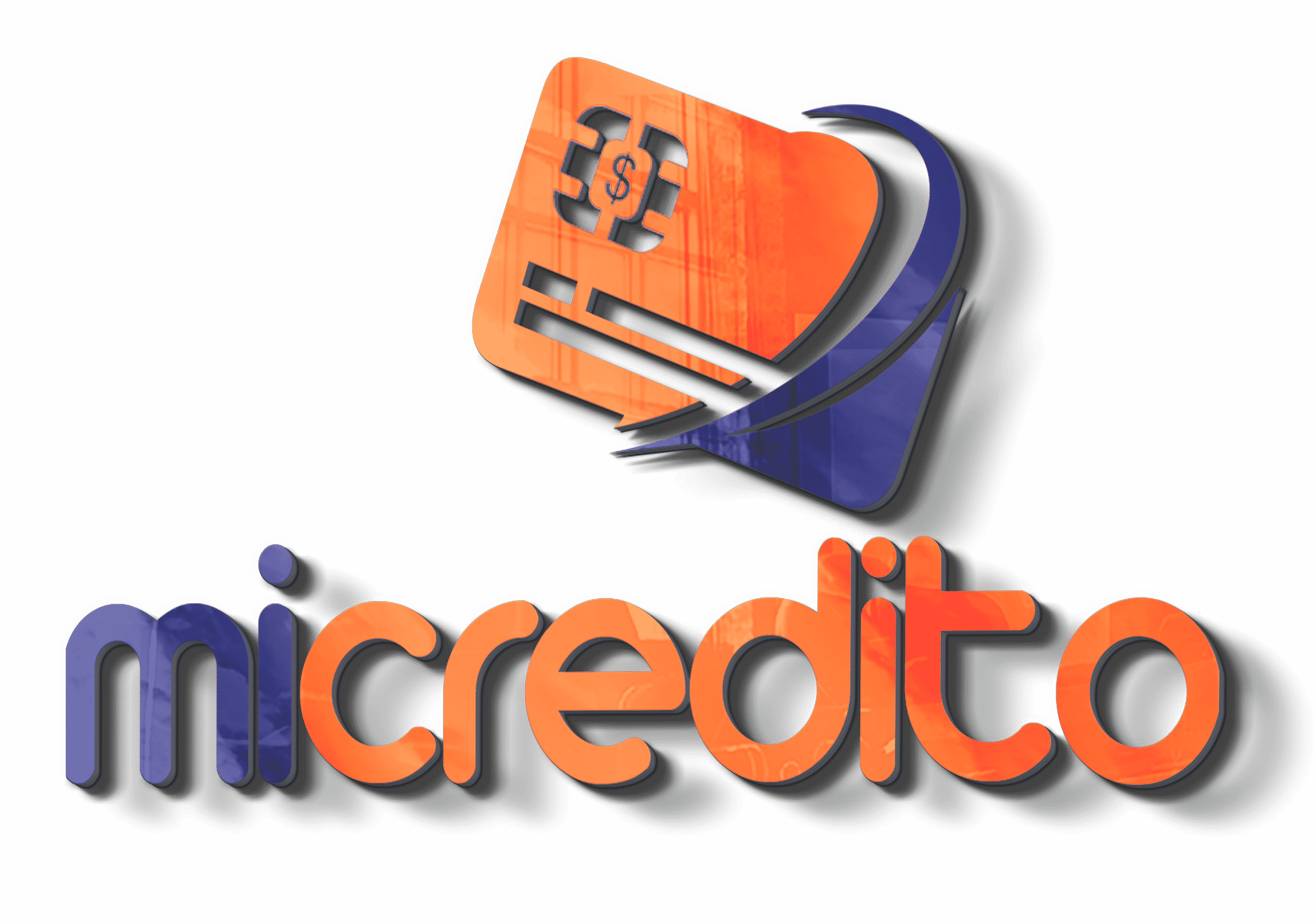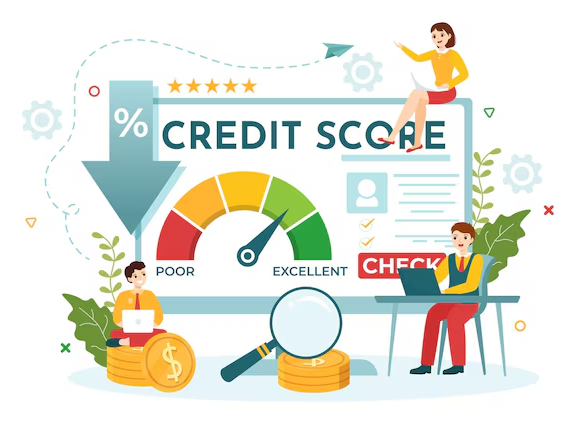Starting your financial life in the U.S. without a credit record can feel overwhelming. Whether you’re a student, a recent immigrant, or someone who simply never used credit before, the lack of a score can make everyday tasks more complicated. Renting an apartment, getting a phone plan, or applying for a loan might depend on your ability to build credit history from zero.
But the good news is that building credit doesn’t require a lot of money—only the right approach. With a few smart strategies and access to beginner-friendly tools, anyone can build credit history from scratch and gradually gain the financial freedom that comes with it.
Why building credit early is so important

A good credit score isn’t just helpful when applying for loans—it’s essential for many aspects of American life. Insurance premiums, housing applications, and sometimes even job offers can be influenced by your credit. That’s why it’s important to begin working to build credit history as early and responsibly as possible.
Lenders want to see a track record of responsible borrowing. The longer you demonstrate good habits—like paying bills on time and using credit wisely—the more your score improves. Starting early gives you time to show consistency and take advantage of future financial opportunities.
Breaking the “no credit” cycle
One of the hardest parts of building credit is getting approved without a history. Many people find themselves stuck in a loop: you need credit to build credit, but can’t get approved without it. It’s frustrating—but there are options designed to help you get started safely. Tools like secured credit cards, credit-builder loans, or being added as an authorized user can break this cycle. These options let you build credit history in a controlled way, without taking on excessive risk or debt early on.
Small moves, big impact
Your first few credit activities can make a lasting impression on your report. Even with a low credit limit or a single account, consistent payments and responsible usage matter. You don’t need to borrow large sums—you need to show you can manage what you borrow. It’s better to start small and be reliable than to open too many accounts at once. When it comes to building credit history, showing stability and consistency is far more valuable than speed or volume of activity.
Effective strategies to build credit from scratch
You don’t need to take big financial risks to establish your credit. The safest path is to begin with tools made for beginners and focus on forming healthy habits. If you spend only what you can afford and pay your bills on time, your credit score will begin to grow.
The most reliable method is using a small line of credit for everyday purchases—like gas, groceries, or streaming services. Keeping your usage low and paying the full balance each month helps you build credit history without carrying unnecessary debt.
Start with a secured credit card
Secured credit cards are one of the most popular entry points for building credit. They require a deposit that becomes your credit limit—usually starting at $200 or more. Because the deposit minimizes risk for lenders, approval is often easier even without a score. Make small purchases and pay your balance in full each month. Look for cards that report to all three major credit bureaus. This ensures your payment activity is seen and counted toward your efforts to build credit history over time.
Become an authorized user
If someone close to you has a credit card in good standing, they can add you as an authorized user. This lets you benefit from their positive history without needing to apply for a card on your own. You won’t be legally responsible for the debt, but their account history may appear on your report. This strategy helps build credit history passively, as long as the account remains in good shape. Make sure the card issuer reports authorized users to the bureaus—some don’t, and it’s critical for your profile.
Using credit-builder loans and rent reporting
Credit-builder loans are designed specifically for people entirely new to credit. Instead of giving you the money upfront, the lender holds it securely in a dedicated account. You make fixed monthly payments over time, and at the end of the loan term, the full amount of money is released to you.
These loans are low risk and help you establish payment history. Many credit unions and online banks offer them. To further boost your efforts, you can also use rent reporting services that add your on-time rental payments to your credit report—adding more depth to your file.
Rent reporting adds real value
Most landlords don’t report rent to credit bureaus, but third-party services now make this possible. For a small monthly fee—or sometimes for free—you can turn your rent into credit activity. It’s one of the easiest ways to build credit history without borrowing anything. Over time, regular rent payments can help shape your credit profile. Combined with other efforts, this creates a well-rounded report that shows reliability in managing monthly obligations.
Credit-builder loans teach discipline
Because you pay into the loan before receiving any funds, these accounts encourage steady habits. You get used to budgeting and making regular payments, which are key elements of healthy credit behavior. Once completed, the loan amount becomes your savings, and the record of on-time payments helps build credit history. It’s a low-risk way to demonstrate financial responsibility and grow your score safely.
Choosing your first credit card wisely
Not all credit cards are ideal for people just starting out with credit. It’s best to look for cards with no annual fee, simple terms, and consistent reporting to all three major credit bureaus. Your first card should be easy to use and free from confusing features, unnecessary perks, or hidden charges that complicate your experience.
As your score improves, you’ll begin to qualify for better offers and higher credit limits over time. But when you’re starting, it’s smarter to focus on keeping things manageable. Choosing the right card early on can help you build credit history steadily, confidently, and without added stress or risk.
Upgrade paths matter
Some secured credit cards automatically upgrade to unsecured versions after a period of on-time payments. This transition is seamless and can boost your score. You’ll also get your deposit back in most cases, turning the secured card into a full-featured one. Look for cards with this upgrade option. It rewards your efforts to build credit history and encourages long-term financial development without needing to switch banks or reapply.
One card is enough to start
You don’t need multiple cards to make progress. One well-managed account can go a long way. Use it for small purchases, set payment reminders, and check your usage regularly to keep it below 30% of your limit. The goal is consistency. When lenders see that you manage your account responsibly, they’ll be more willing to extend better terms later on. That’s the heart of how you build credit history with confidence and control.





